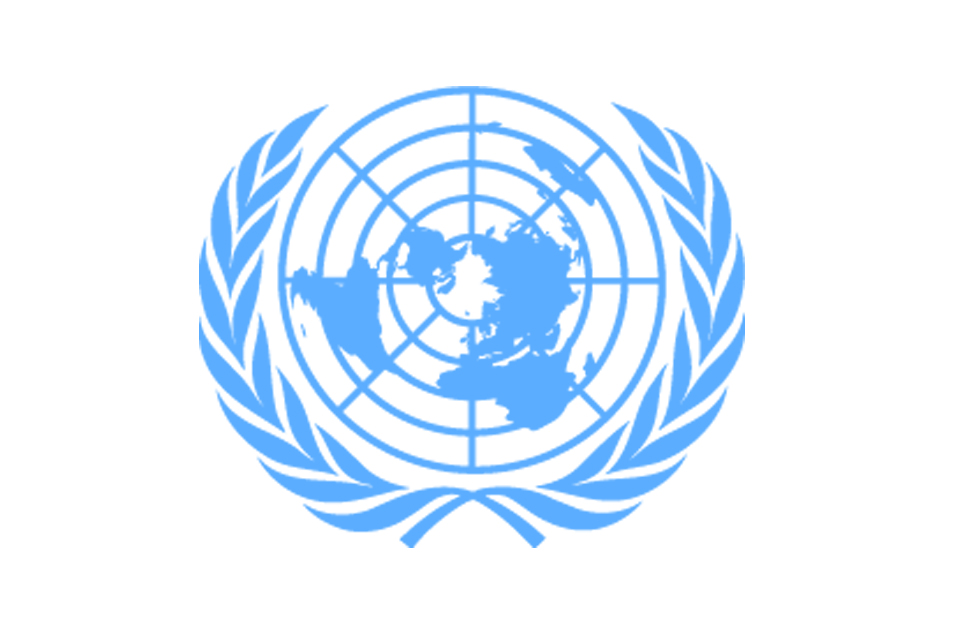This historic document requires states to establish a control system for the international transfers of this type of weapons. Countries like the United States and members of the European Union have mature systems already in force, but some other states have nothing in place at all. The ATT will change that by linking today’s fractured system into a true international safety net.
Anne-Charlotte Merrell Wetterwik, a CITS Senior Research Associate has, as a technical advisor, been able to follow the UN negotiations closely for the last four years and participated in the final week of the negotiating diplomatic conference in New York City. Ms. Merrell Wetterwik said on the day the ATT was adopted, “For years states have had the tools and obligations to keep trade in dual-use goods under control — today we can finally say the same about conventional weapons. Countries will benefit from a diminished risk of arms diverting to the illicit market and defense companies will navigate more consistent trade regulations. A level playing field for legitimate trade will make it easier to identify and deal with illicit arms dealers and illegitimate transactions that fuel wars and conflict.”






